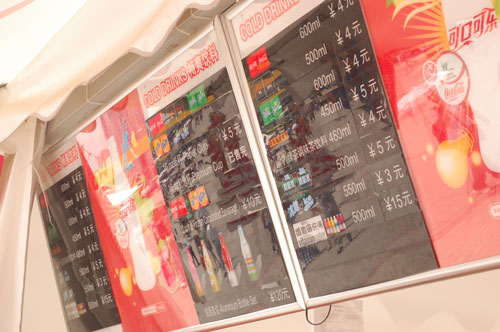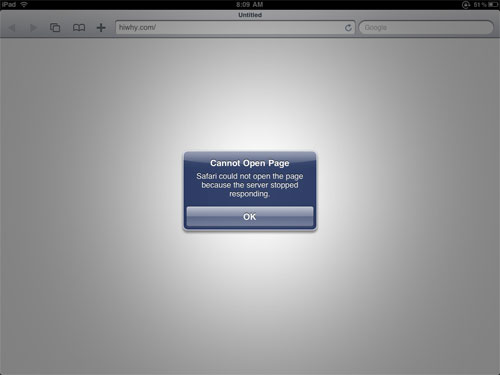After having some success with Wei-Chuan’s Chinese Cuisine (ä¸å›½èœ), I decided to pick some some of the other Wei-Chuan cookbooks to diversify, namely Chinese Snacks (點心專輯)
(ä¸å›½èœ), I decided to pick some some of the other Wei-Chuan cookbooks to diversify, namely Chinese Snacks (點心專輯) , Chinese Cuisine: Beijing Style (北京èœ)
, Chinese Cuisine: Beijing Style (北京èœ) and Chinese Cuisine: Shanghai Style (上海èœ)
and Chinese Cuisine: Shanghai Style (上海èœ) . I really like the bilingual cookbooks produced by Wei-Chuan. While I prefer to read through recipes in English, I like the title of the dishes to be in Chinese because I am more familiar with the Chinese names. I also like that I can consult with the Chinese recipe if the English directions are unclear.
. I really like the bilingual cookbooks produced by Wei-Chuan. While I prefer to read through recipes in English, I like the title of the dishes to be in Chinese because I am more familiar with the Chinese names. I also like that I can consult with the Chinese recipe if the English directions are unclear.
Last weekend, I made the 糖醋瓦塊éš, which was inartfully translated to Sweet and Sour Fish Tiles. Another reason why I like the Wei-Chuan cookbooks is because the recipes all include a color photo of the final dish. If I had to rely on the awkward English translation, I probably would not have attempted the dish. Anyways, the recipe called for 1 T. of brown vinegar. Since I was unsure what was brown vinegar, I looked at the Chinese recipe which listed 鎮江醋. The bottles I see at 99 Ranch are labeled Chinkiang Vinegar, not Brown Vinegar. So, having the Chinese recipe with the English translation really helped in this instance.
I did notice that in some instances the Chinese and English recipes differed. Specifically, the Chinese recipe for 槽溜éšç‰‡called for 味精, but its English translation did not. I guess the translator was aware that Americans are not exactly fond of MSG. However, this cultural sensitivity theory fails if you look at all the dishes in the Chinese Snacks book that requires lard or shortening. I guess that’s the only way to make pastry dough light and flakey, but it’s definitely not a product I stock in the kitchen.


